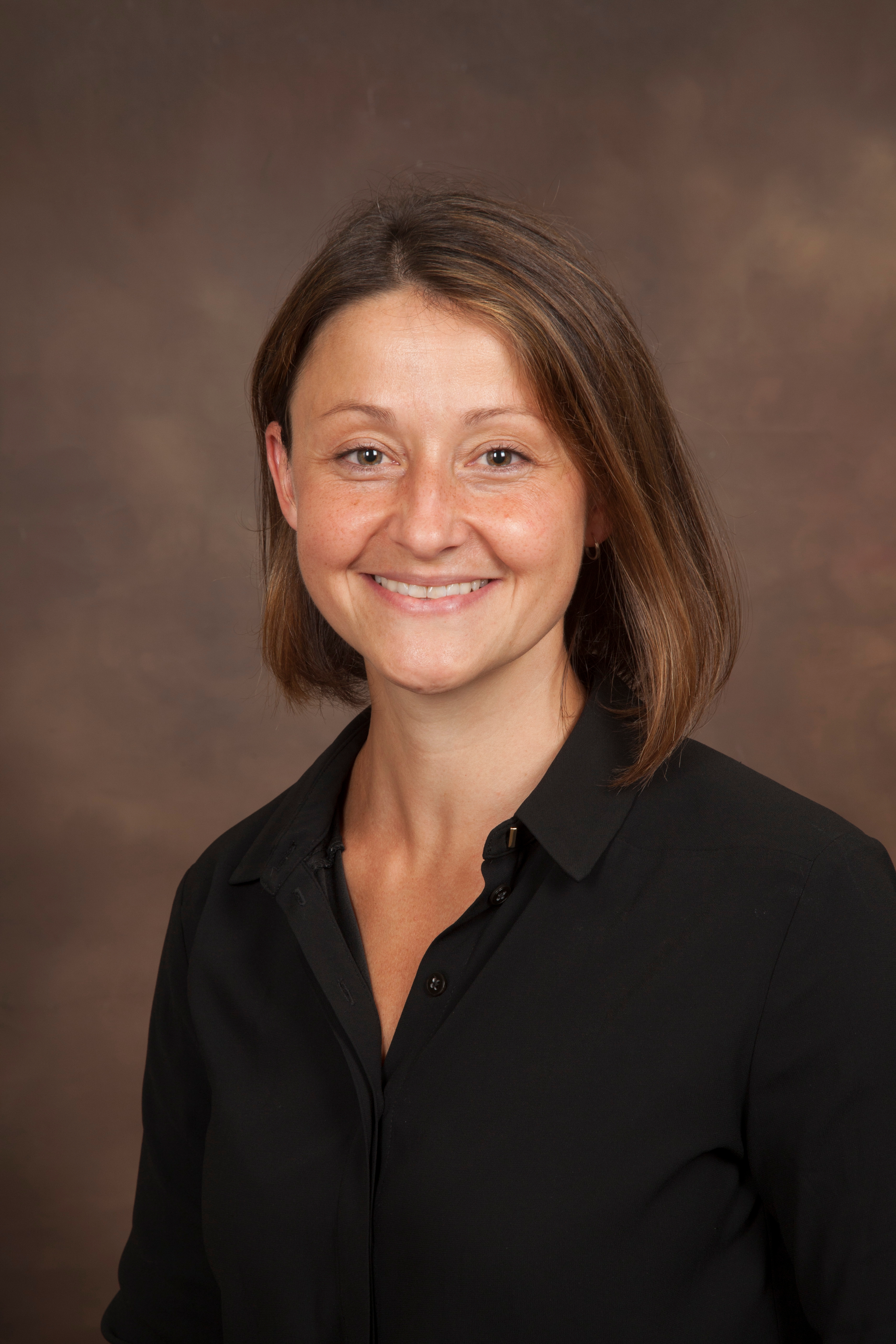2025 KTU Session 2

Your decisions matter: How you can use systems-thinking to protect the planet!
February 22, 2025
An interactive session led by Dr. Jennifer Russell.
Assistant Professor, Sustainable Biomaterials |College of Natural Resources & Environment Virginia Tech and Director, VR(Ex)Change International Network-of-Networks
Dr. Jennifer Russell works in the area of circular economy and sustainability, the flows of materials within economies and international supply chains, and strategies for slowing and closing material and resource loops. Her background includes an emphasis on strategy for market transformation. Prior to pursuing academia, Dr. Russell worked as an industry sustainability consultant for 10 years, helping multinational corporate clients based across North America and Europe to transition to sustainable practices and reporting. Dr. Russell’s research program at Virginia Tech is centered around the integration of, and opportunities for circular systems and practice for product- and system-design This work spans sustainable materials, applications in packaging, products, and the built-environment, and circular practice including remanufacturing, refurbishment, repair, reuse, and recycling.
Many people think about protecting the planet and saving the environment, but sometimes it can be hard to know where to start, or what to do. Companies and even countries are making commitments to reduce air pollution and waste – but will these commitments help to protect the planet? Sustainability science (sometimes called industrial ecology) is an emerging field that integrates engineering, technology, and natural sciences to help us understand how the things we use and the decisions we make can cause harmful environmental impacts. More importantly, sustainability science provides data that helps us (and companies, and governments!) to make better decisions. In this session you’ll learn about how scientists calculate environmental impacts, how sustainability science is quickly becoming an important part of everyday life, and how you can use systems-thinking to help protect the environment.
If you are interested in this topic, download this hands-on activity!


